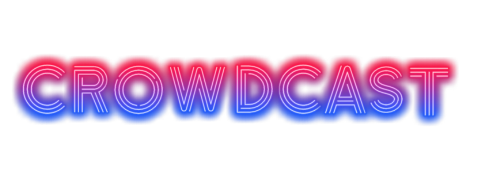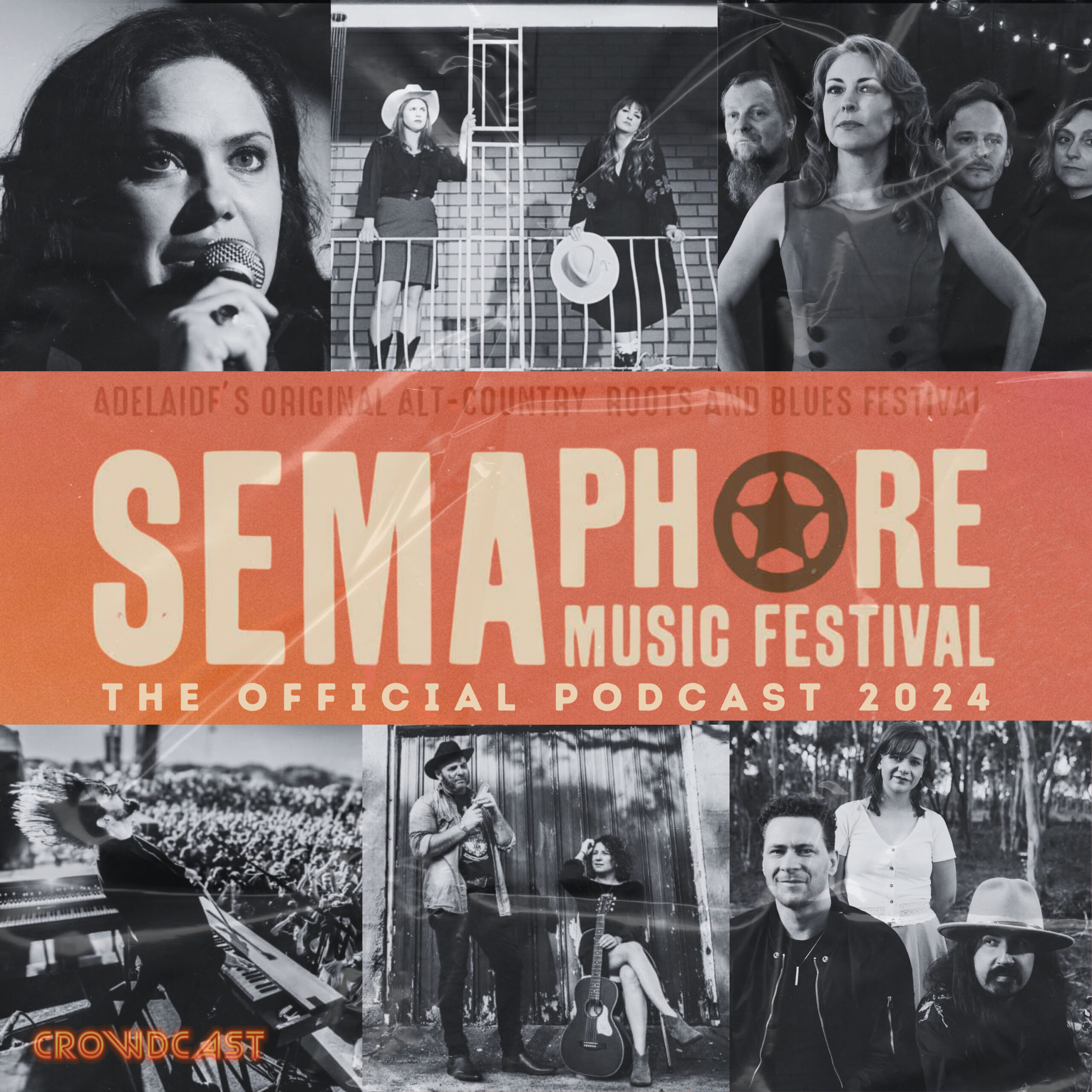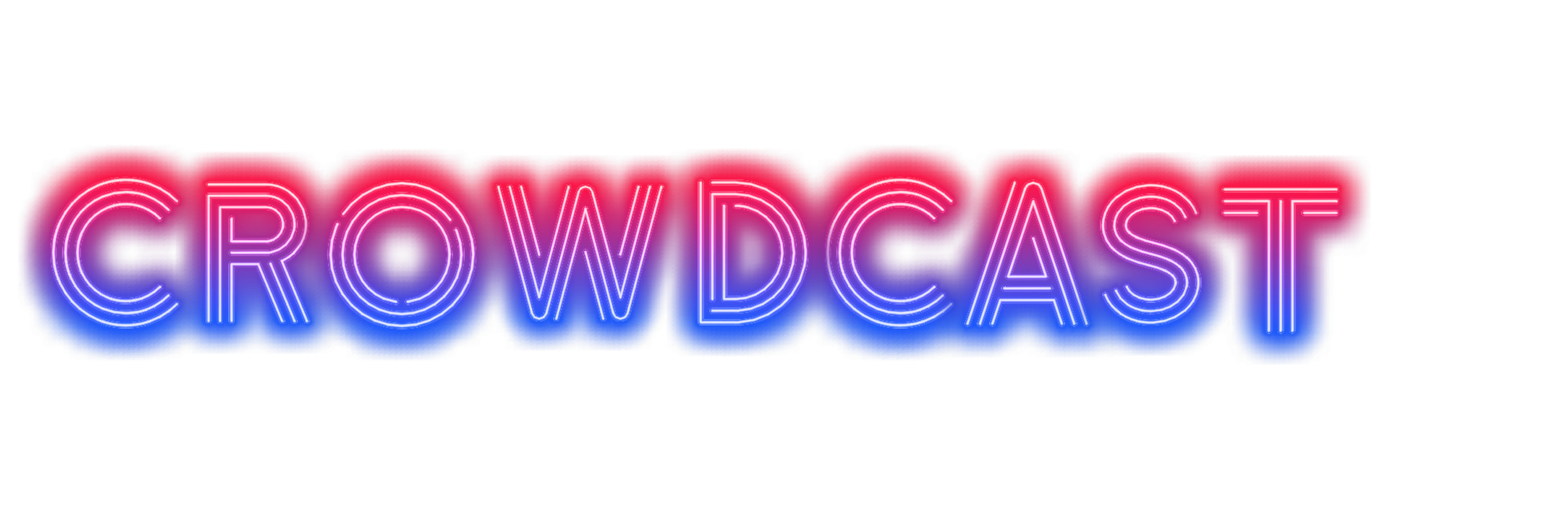Music (29%) is the top podcast genre amongst those who listen to podcasts followed by news & politics (17%) and comedy (14%) in second and third place. Data from YouGov Profiles reveals that most Australians now listen to podcasts; one in five (20%), followed by one in six (16%), who do so at least once a day.
In today’s digital age, the music industry is constantly seeking innovative ways to connect with audiences, build fanbases, and promote artists. With the growing popularity of podcasts, there’s an untapped opportunity for musicians, record labels, and promoters to harness this medium as a powerful marketing tool. Podcasts, with their ability to offer long-form, personal, and direct engagement with listeners, provide a unique platform that can complement traditional marketing efforts.
Podcasts as Storytelling Platforms
One of the greatest strengths of podcasts is their storytelling nature. Music fans crave deeper connections with artists, and podcasts offer an intimate, conversational format where musicians can share their journeys, creative processes, and personal stories. These episodes allow artists to express themselves beyond the confines of a song, enabling fans to understand the passion and effort behind the music.
Record labels and artists can create branded podcasts, either solo or in collaboration with others, to share exclusive content. By narrating the making of an album, breaking down song lyrics, or recounting tour experiences, artists can form an emotional bond with listeners that fosters loyalty and drives album sales or ticket purchases.
Collaborating with Existing Music Podcasts
There is a wide variety of successful music podcasts that cater to different genres and fanbases. Partnering with existing podcasts is a highly effective strategy for musicians looking to reach new audiences. Whether it’s guest appearances, interviews, or exclusive live performances, artists can gain exposure to podcast hosts’ established fanbases.
These podcast features also give artists a chance to promote upcoming releases or concerts in an authentic and engaging manner. Music influencers and tastemakers in the podcast space hold significant sway, and a well-placed appearance can generate buzz around a new album or tour.
Podcast-Driven Album Promotions
The traditional album release strategy typically includes press tours and radio spots, but podcasts offer a unique alternative. A podcast series could be developed around the release of an album, creating an episodic journey that mirrors the themes of the album itself. Each episode could focus on a specific song, offering behind-the-scenes insights into the recording process, influences, and collaborations involved in its creation.
For example, artists could invite producers, featured musicians, or songwriters onto the show to provide their perspectives, turning the podcast into a mini-documentary series. By the time the album drops, listeners are already emotionally invested in the story behind the music, making them more likely to stream or purchase the album.
Enhancing Fan Engagement
Podcasts are a two-way street. While artists can communicate directly with their fans, they can also use podcasts to interact with their audience in real-time through listener questions, shout-outs, or fan-submitted stories. Including fans in the conversation creates a sense of community and loyalty, transforming casual listeners into devoted supporters.
Artists can use social media to promote upcoming podcast episodes and solicit questions or feedback from fans. Integrating this level of engagement not only promotes the podcast but also strengthens the connection between the artist and their audience.
Promoting Concerts and Festivals
For event promoters, podcasts provide a fresh avenue for marketing live shows. A festival podcast, for example, could feature interviews with performers leading up to the event, give fans insights into the festival lineup, and provide behind-the-scenes information on what to expect. This type of content builds excitement and keeps potential ticket buyers engaged.
Concert tours can also be promoted through podcasts by releasing episodes that share exclusive news, pre-sale offers, and interviews with opening acts. Podcasts can be a great way to create a narrative around a live performance, enticing fans to attend.
Monetisation and Sponsorship Opportunities
Beyond their marketing potential, podcasts can also be a revenue-generating platform. Music podcasts can attract sponsors from both inside and outside the music industry, opening up new financial streams for artists and labels. Branded content or ad placements within the podcast can help offset production costs while providing promotional opportunities for artists.
Additionally, artists can monetize their podcasts directly through subscription-based models, offering exclusive content or early access episodes for fans willing to pay a premium.
Conclusion
Podcasts offer an authentic, engaging, and versatile platform for the music industry to promote artists, albums, and events. Whether it’s through storytelling, interviews, or fan engagement, podcasts create opportunities for musicians to connect with audiences in ways that traditional marketing methods can’t always achieve. By leveraging the power of podcasts, the music industry can enhance its promotional strategies, drive fan loyalty, and keep up with the evolving digital landscape.




